Encodify: three lessons we can learn from the most successful private label brands in the UK
Aldi, Asos, Lidl, Tesco, Sainsbury's, and even Boots. These retailers all have one thing in common.
In the States it’s called a store brand, in most of Continental Europe it’s called an in-house brand, most manufacturers refer to it as a private label, but there’s a good chance you know it as an own-brand.
Truth be told, it doesn’t matter what we call it, what’s essential is that it is a brand owned by the retailer or distributor, and that it is usually sold exclusively through their own channels and outlets.
But why should we care about private labels in the first place?
Well, using the FMCG sector as an example, private labels hold a 39% market share in value sales, and a 46% share in unit sales across the EU.
And while private labels are seeing a surge in growth, national brands have actually started lagging behind, even though 43% of national brands are sold on promotion across the UK.
So, as you can see, it’s not a question of whether private labels are good business, it’s a question of how you turn them into a good business.
To find out, we’ve taken a look at some of the most successful own brands in the UK, to figure out what makes them tick - and how you can copy their success.
But instead of going through the entire list of private label brands, what they do and why they’re successful, we’ll dive straight into what you can learn from them.
What do successful private label brands have in common?
To get to where they are today, private labels as a group have had to overcome an image of being low-quality knock-offs and worse than name-brand products.
But the funny thing is, the quality of own brand products was rarely the issue.
The issue was first how they were compared—comparing a £2 box of own-brand cereal to a £4 box of cereal isn’t always a fair comparison.
And secondly it was the expectations related to cheaper products. The often aggressive price positioning of private label products at 20-50% lower than name brands makes the consumer expect a lower quality. It ischeaper after all.
So, how did private label retailers overcome this?
We’ve taken a look at some of the most successful private label retailers in the UK, and from Aldi to Boots and Sainsbury’s, we’ve found that all of them have three traits in common:
They are consistent in quality and transparent in sourcing
They have established their private labels as brands in their own right
They continuously innovate their product lines to meet consumer needs.
1. Achieving transparent sourcing with private label products
The first thing we found that successful private label retailers have in common, is that they are transparent.
They aren’t trying to hide where their products are coming from or how they are manufactured, and this actually helps them overcome the ‘own brand products are worse than name brands’ challenge.
In some cases the retailers even manage to turn the outsourced manufacturing into a strength.
An example of this is the fast fashion online retailer, Asos, and their private label line Asos Made In Kenya. As the name suggests, the products are manufactured in Kenya, by SOKO-Kenya - something Asos has been very open about. The manufacturer and location adds a social aspect to their own brand that would’ve been lost if they had tried to hide who the manufacturer was, or that this is an own brand product.
2. Establishing private labels as a brand
There’s a reason private label product lines have been referred to as own-brands or store-brands. Originally own-brand products relied on the branding of the retailer, not attempting to carve out a brand for the product lines themselves.
But if we look at the most successful private label retailers there’s a noticeable pattern.
Most of them manage to establish their own-brand product lines as brands in their own right, complete with a clear appeal, strong brand visuals, and a specific target audience, and they’re no longer relying on their store name to push the product. This also lets the retailers host more than one own brand product line, each with a different value proposition.
If we look at Asos again, their own brand lines include Asos Collection, Asos DESIGN, Asos EDITION, Asos LUXE, Asos Made In Kenya, Asos Curve, and ASYOU.
While DESIGN is for everyday fashion, and Luxe is high-end pieces, lines like Curve and Made In Kenya offer plus size options, and a socially responsible option. Made In Kenya’s social narrative has even seen it featured in Vogue alongside big name brands and worn by the likes of Michelle Obama.
3. Innovation and customer focus
While own brand products have often been described as cheaper replicas of national brands, that’s not really the case. These days private label brands are doing as much to innovate their product lines as global brands are. From branching into new categories to adding social agendas to their branding in an effort to meet consumers where they are.
They continuously monitor consumer trends as they introduce new products or update existing ones instead of relying on name brands to lead the way. They address specific needs, and they add value
One example is Danish retailer Coop and their private label line of sustainable products, Änglamark, which was named Sustainable Product of the Year at the 2025 private label awards.
How we help retailers all over Europe manage their packaging and private labels
At Encodify we help some of Europe’s biggest retailers manage everything from product information, to prints, ensuring regulatory compliance, and stakeholder alignment, making their packaging and private label process a lot smoother.
We help align stakeholders and ease the flow of communication
While ‘stakeholder alignment’ may sound vague, it’s actually the core of most processes, and the private label process is no different.
Want to make sure you highlight how your product was made, what’s in it, or where it was produced? That’s your manufacturer.
Want to make sure your designs stay on brand across hundreds or even thousands of different labels? That’s marketing, design teams and agencies.
Want to make sure your packaging is compliant and your labels meet all the regulatory standards? Then it’s legal and compliance you need.
With Encodify you can connect stakeholders, and let them work on the same projects in real time, eliminating the need to send emails and versions back and forth. So your labels spend less time in development and more time on the product.
We help ensure consistency in branding and packaging
One of the big challenges, when it comes to private labels, is ensuring brand consistency across all designs and in the final prints. Especially because designs and content is made separately from the products, packaging and the container.
With Encodify you can store all product information, designs and brand guidelines centrally, while keeping them accessible to everyone involved in the process, and you can use the system to make sure that the files you deliver to the manufacturers are print ready.
We help maintain flexibility
Being able to adapt to new regulations and changes in consumer behaviour requires a high amount of flexibility across your entire private label process. And one of the big issues when you add flexibility, is ensuring consistency in product information.
With Encodify you can integrate suppliers and manufacturers into your workflows to ensure consistent master data, while giving you the tools to adapt to changes in everything from materials used to regulatory compliance standards you need to meet.
We integrate packaging and private label tools with the broader system landscape
The last big challenge, when it comes to improving packaging and labeling, is how it interacts with the rest of your business.
Implementing a new process and investing in new tools will often leave a gap between the new tools used by those directly involved in managing and producing packaging and labels, and tools used by other stakeholders in other parts of your private label ecosystem.
For instance, the product information flow is an integral part of managing labels and packaging, but the information isn’t necessarily owned or original to your private label management software.
There’s a good chance you have a PIM in place already.
Encodify lets you integrate with a number of different solutions like PIM, ERP, CMS, communication platforms, project management systems, and even file storage.
That way you don’t have to kickstart system changes across your entire organisation, just because you want to improve your private label management, and you can involve stakeholders across the entire business.




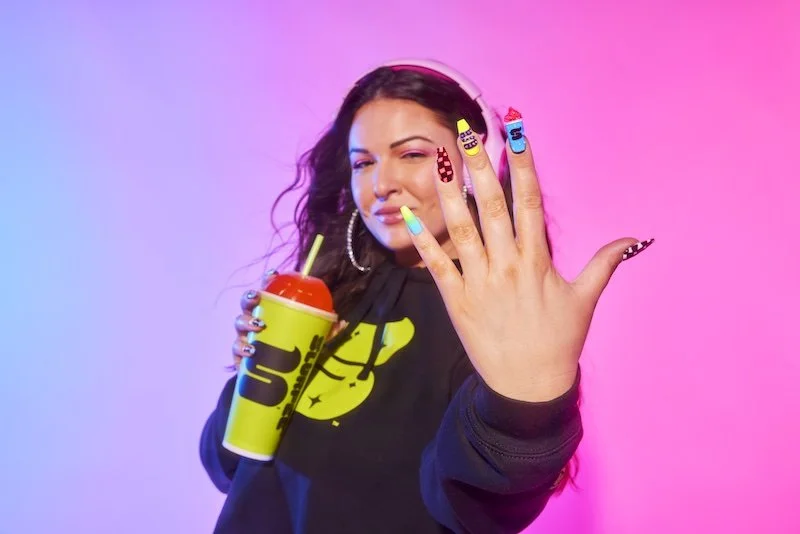
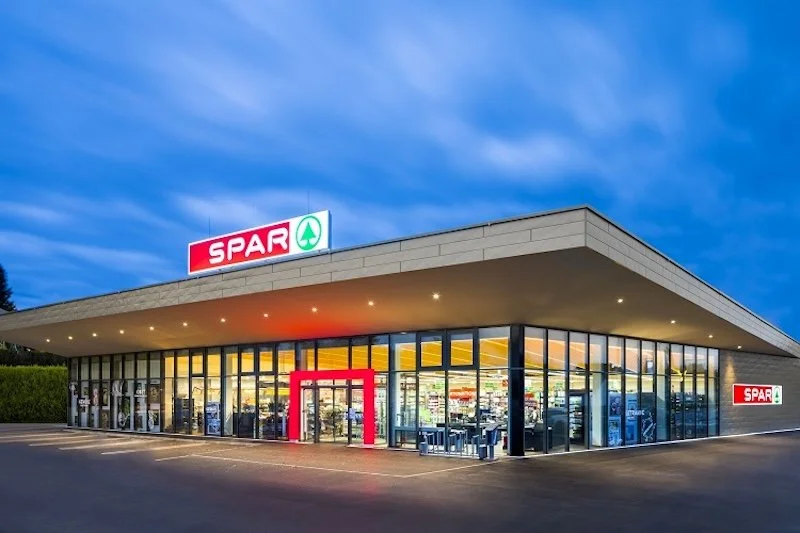
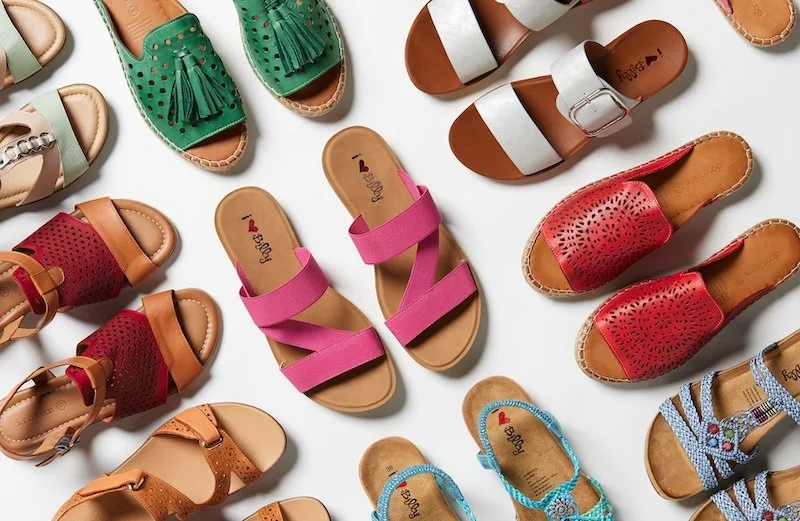



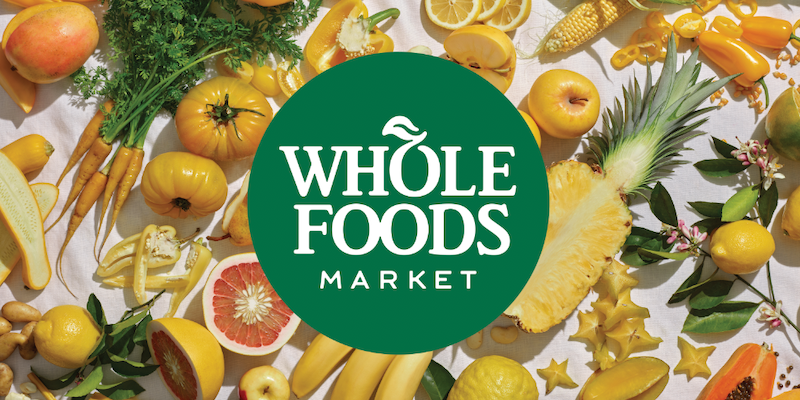

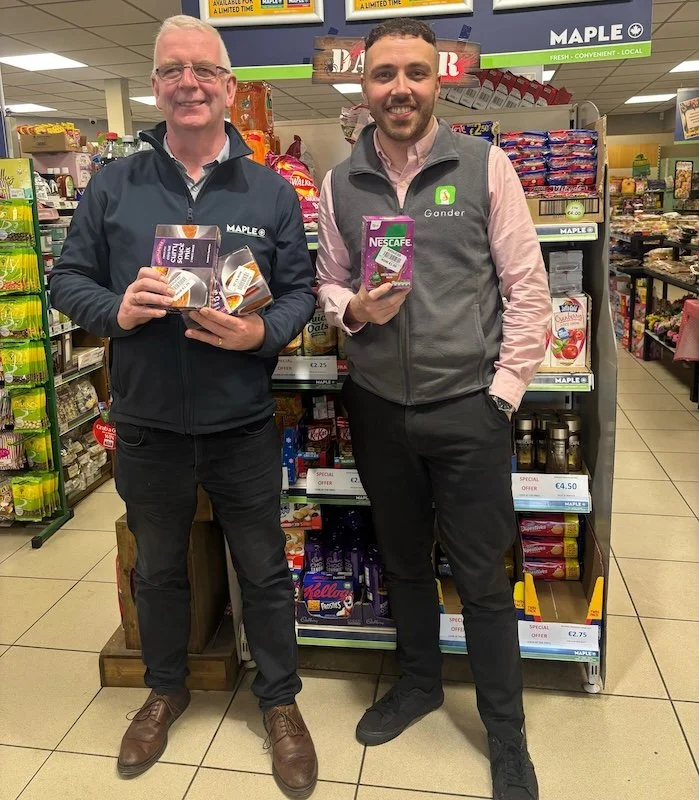

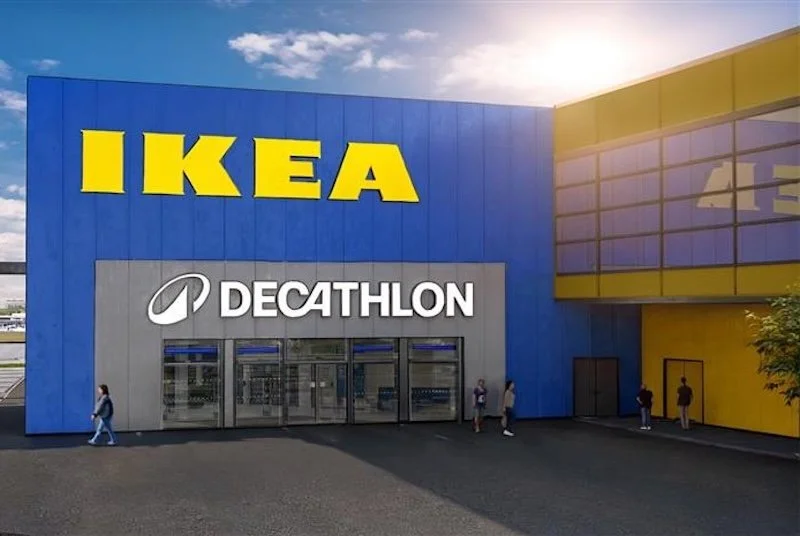

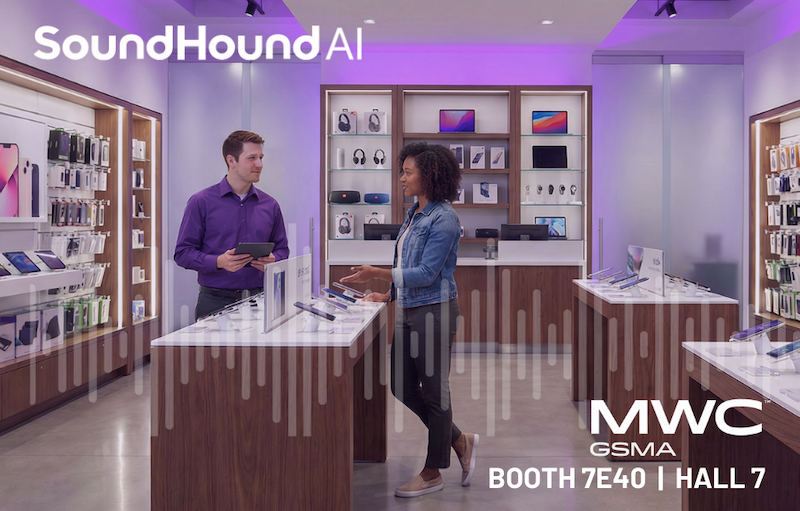














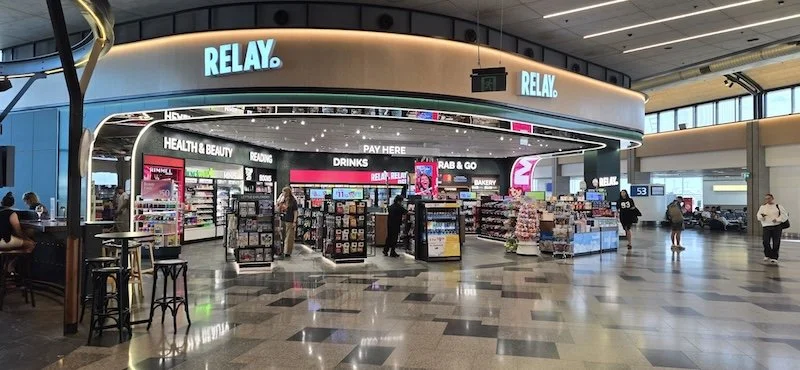
Continue reading…